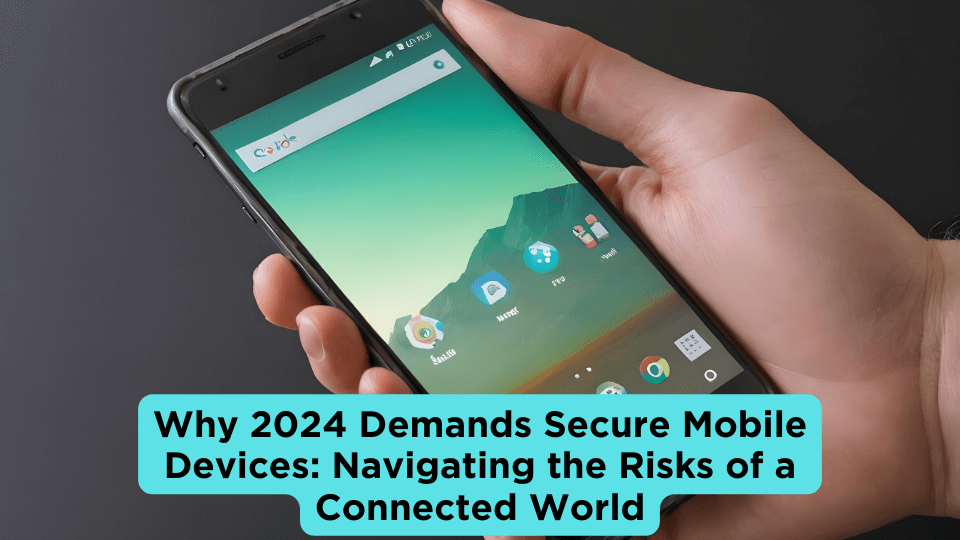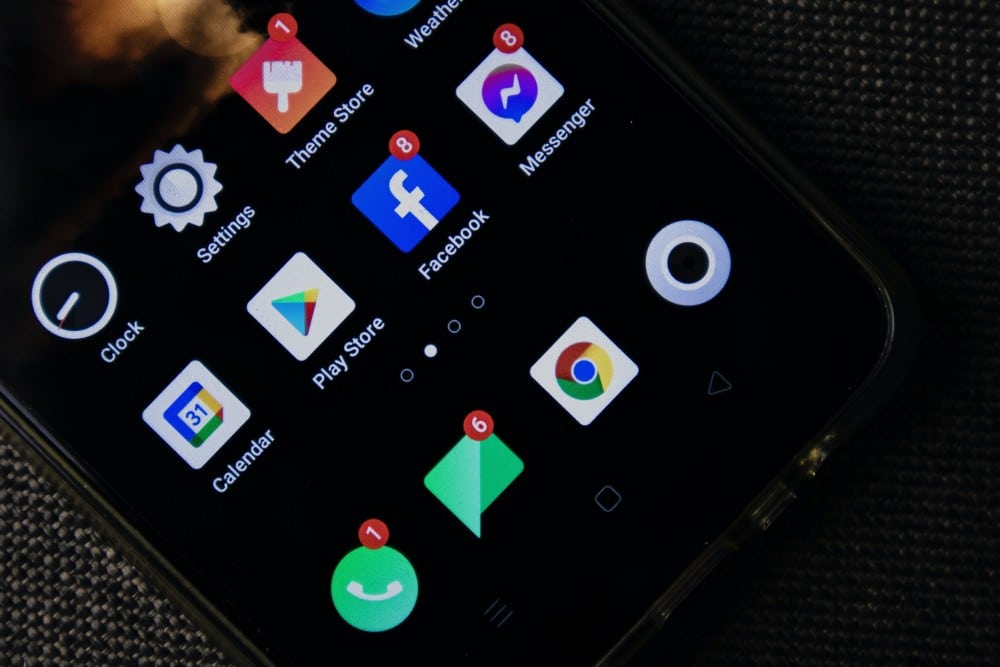In an era where privacy concerns are at an all-time high, secure communication has become paramount. Whether it’s for businesses discussing sensitive information or individuals sharing personal matters, the need for encrypted phone calls with end-to-end security has never been greater. This article explores the concept of end-to-end encryption (E2EE) for phone calls, its benefits, potential vulnerabilities, and how businesses can safeguard their communication endpoints.
In today’s interconnected world, businesses face an increasing number of security threats. Confidential discussions related to strategies, financial transactions, or client information can be compromised if not adequately protected. Similarly, individuals value their privacy and want to ensure that their personal conversations remain private. Both scenarios call for robust security measures to prevent unauthorized access or eavesdropping.
How does End-to-End Encryption of Phone Calls work?
End-to-end encryption (E2EE) is a security protocol that ensures that only the communicating parties can access the contents of their messages or calls. In the context of phone calls, it means that the conversation is encrypted from the moment it leaves one device until it reaches the intended recipient’s device. This encryption makes it nearly impossible for anyone, including service providers or malicious actors, to intercept or decipher the call’s content.
Encrypted phone calls with E2EE have the following advantages:
- Privacy Protection: E2EE ensures that only the intended recipients can access the call’s content, safeguarding sensitive information from unauthorized individuals or entities.
- Secure Communication: Encrypted phone calls prevent interception and eavesdropping, guaranteeing that conversations remain confidential and secure.
- Trust and Confidence: E2EE builds trust between businesses and clients, assuring them that their communication is protected and their privacy is valued.
- Compliance with Data Protection Regulations: Encrypted communication helps businesses meet compliance requirements under data protection regulations, such as GDPR or HIPAA.
Does E2EE Have Any Vulnerabilities?
While E2EE provides robust security, it is important to acknowledge potential vulnerabilities. One such vulnerability lies in the endpoints—the devices used to make and receive calls. If a device is compromised by malware or accessed by unauthorized individuals, they may gain access to the decrypted call data, bypassing the encryption layer. Therefore, securing the endpoints is crucial to maintain the integrity of encrypted phone calls.
What are the best ways to protect endpoints against malicious actors?
To protect the endpoints from malicious actors, several best practices should be followed:
- Strong Device Security: Regularly update devices with the latest security patches, use strong passwords or biometric authentication, and enable remote wipe features.
- Secure Communication Apps: Choose reputable communication apps that employ robust encryption protocols and have a strong track record in security.
- Multi-Factor Authentication: Enable multi-factor authentication to add an extra layer of security to device and app access.
- Employee Education: Train employees on cybersecurity best practices, such as avoiding suspicious links or downloads, and recognizing social engineering attempts.
Takeaways for Businesses:
Prioritize Security: Make secure communication a priority within your organization to protect sensitive information and maintain client trust.
Implement E2EE Solutions: Explore communication platforms or apps that offer end-to-end encryption for phone calls to ensure privacy and security.
Endpoint Security Measures: Secure and educate employees about endpoint security to mitigate vulnerabilities and protect encrypted communication.
Compliance: Ensure compliance with relevant data protection regulations by adopting secure communication practices.
Conclusion:
Encrypted phone calls with end-to-end security offer a powerful solution for protecting privacy and ensuring secure communication. Whether for businesses handling sensitive information or individuals valuing their personal privacy, E2EE provides peace of mind in today’s digital landscape. By understanding the benefits, vulnerabilities, and implementing the necessary security measures, businesses can safeguard their communication and build trust with their clients.
If you value secure communication and encrypted phone calls with end-to-end security, consider investing in a secure mobile phone. These devices provide advanced encryption protocols and robust security features, ensuring your calls remain private and protected from unauthorized access. Take control of your privacy and elevate your communication security with a secure mobile phone.
FAQs
What is end-to-end encryption (E2EE) for phone calls?
End-to-end encryption ensures that only the communicating parties can access the contents of their phone calls. It encrypts the call data from the moment it leaves one device until it reaches the recipient’s device, preventing unauthorized access.
Do I need to buy a secure mobile phone for encrypted phone calls?
While not mandatory, investing in a secure mobile phone adds an extra layer of security and advanced encryption protocols, further enhancing the privacy and protection of your calls.
How can businesses benefit from encrypted phone calls?
Businesses can prioritize security, implement E2EE solutions, secure endpoints, and ensure compliance, all of which contribute to protecting sensitive information and maintaining client trust.














